Did you ever say something and, as soon as it was out of your mouth, wondered if that was you who said it? It sure didn’t sound like you; it sounded like someone else. Or, acted in a certain way and, looking back, couldn’t believe you had done that? Surely, it was someone other than yourself. I’ve been there, said that, done that, and mightily wished I had not.
Wouldn’t it be great to be able to blame someone else? Or to rationalize by saying I’d had a bad morning or felt poorly or just hadn’t had my three cups of coffee. Guess what? I’ve thought of a convenient way out–I’ll blame someone else– a far-flung ancestor, one that I’ve never met nor even heard of but surely was out there somewhere. Don’t you think that would work?
Of course, it’s far better and more mature to face up to goofs, recognize them, apologize, and not repeat them, so I’m being a bit facetious, I guess; still, it would take a load off to put the fault for these things squarely where it does not belong.
This reminds me of a young man I once knew, many years ago. He had a highly developed imagination and an unpredictable sense of humor. One day, he was to give a speech in his class at Northeastern State. He collected a jar full of ashes from the fireplace to use as the focal point in his speech. “These,” he told the students, “are the ashes of my ancestors. I always keep them with me to remind me what I’m made of.” And, he launched into a wild story about a forebearer who was a pirate. Another, a statesman, and so on. How handy, when he acted out of character, to point to the jar of ashes and say, “Well, this wasn’t really me. It was my great-great-ever-so-great Grandpa Mortimer who held up that bank down in Texas in the year 1840.”
I hope my friend became a writer. It’d be a shame to let an imagination like that go to waste.
We are, after all, the sum of a great many diverse parts. My ancestors, for example, came from all over the place–England, Ireland, Wales, Scotland, maybe France, and some were already here when the Europeans came over–American Indians, namely Cherokee. So, just think of it! Think of the experiences, the hopes, the dreams, the failures and successes, to say nothing of vocabulary and personality and character from many, many directions. But then comes the present day and environment and training and manners and knowing right from wrong. I guess this is where home life and parents and morality come into the picture.
These are my rambling thoughts this morning as I look out at brown leaves against a clean, blue sky. Maybe I should collect a jar of ashes, set it on the mantle, and label it “My Excuses for Goofs.” Or not. Maybe it’s better to just own up to them.
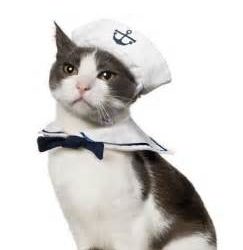
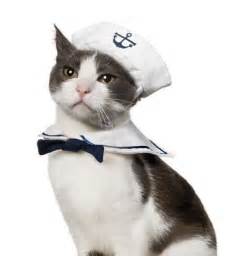
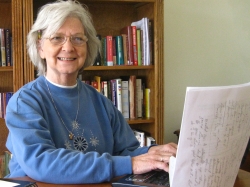
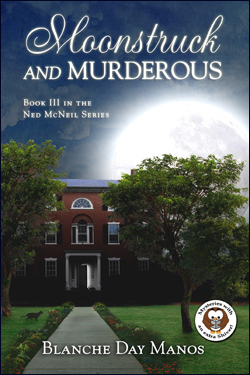
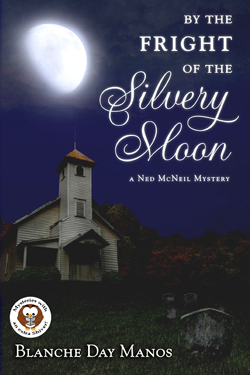
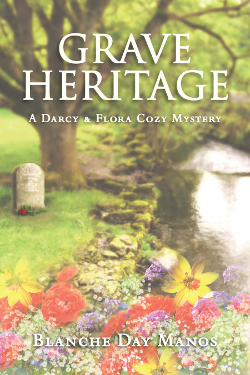
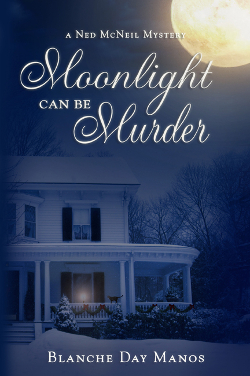
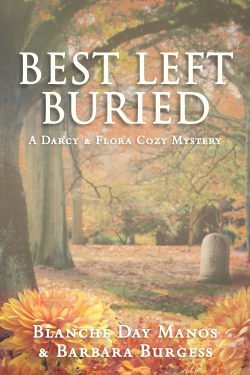
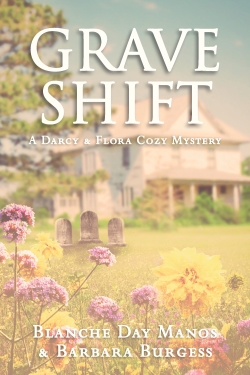
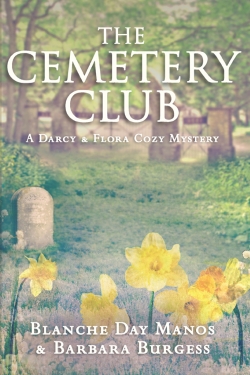
Speak Your Mind